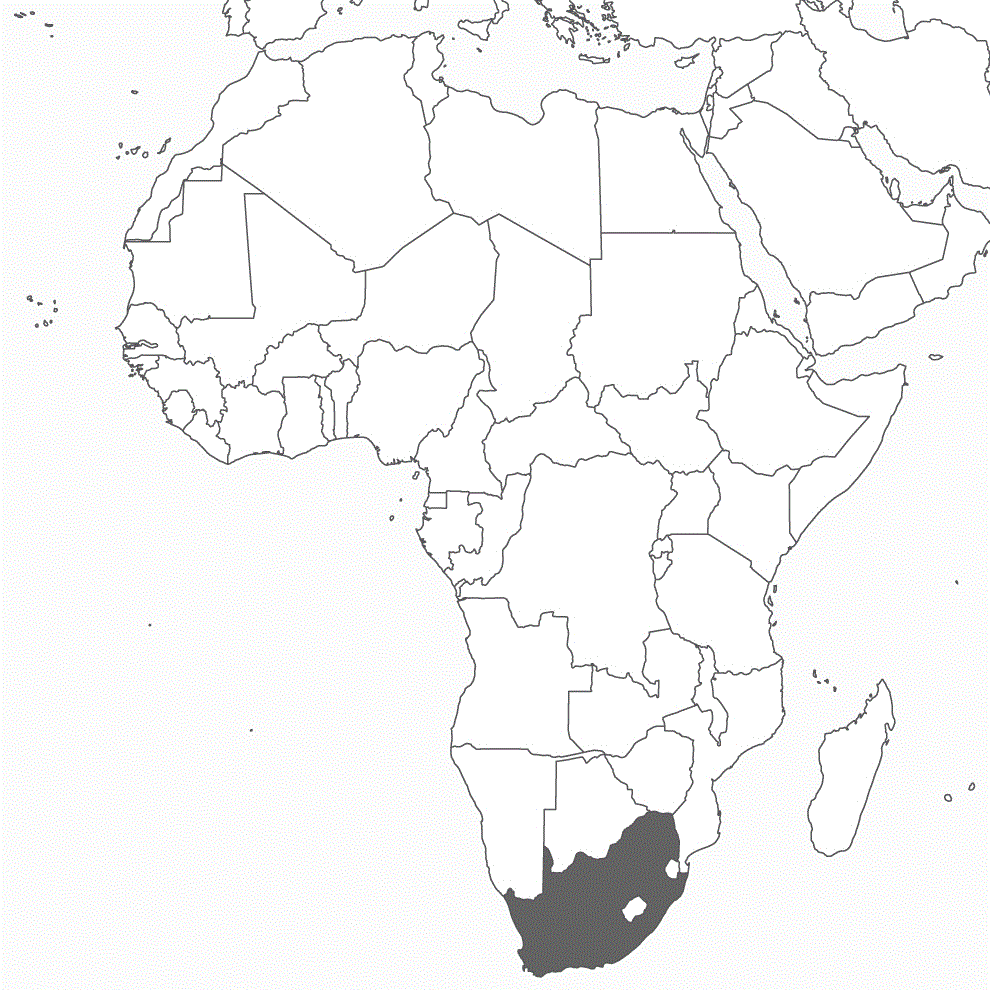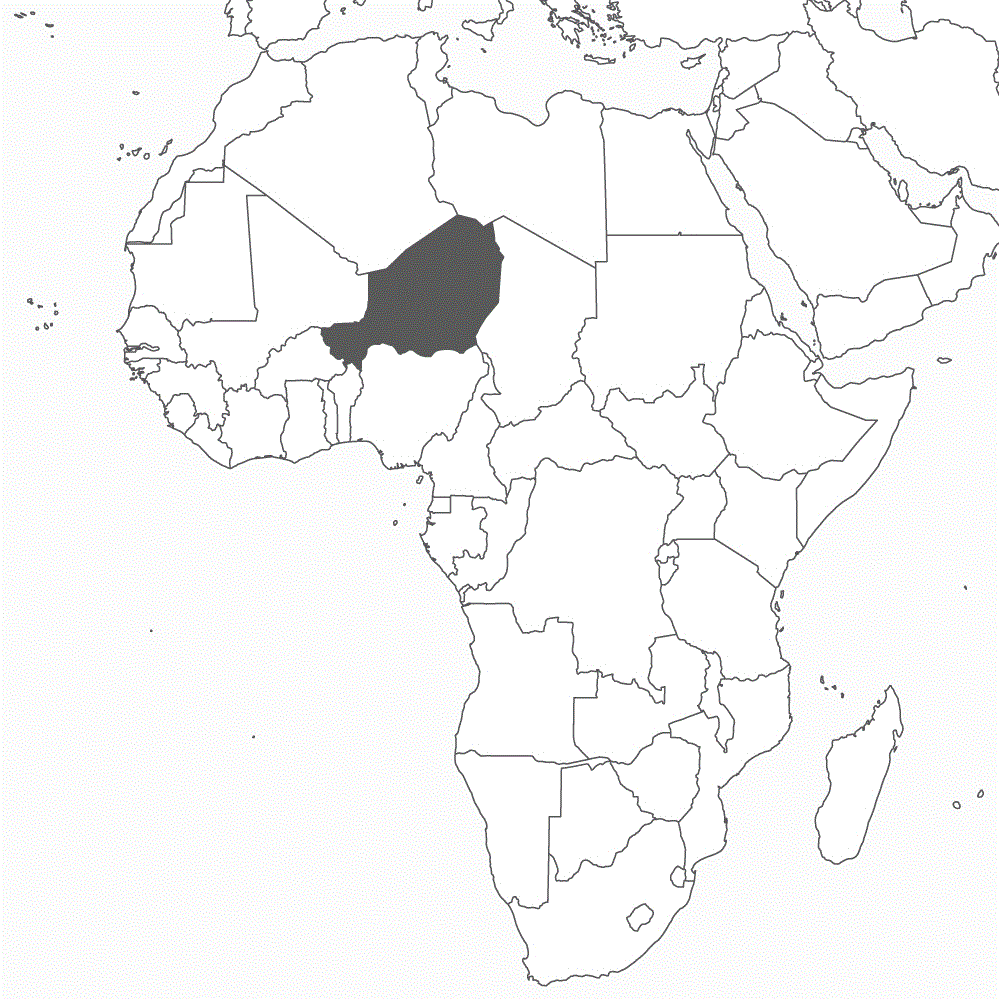Strategies Against BRICS
Berlin debates how to deal with BRICS’ increase in influence. The group admits six new members, embeds itself intensively in the Middel East and weakens the position of the US dollar.
JOHANNESBURG/BERLIN (Own report) – Berlin is debating reactions to the BRICS group’s increase in influence following its successful summit in Johannesburg last week. The West’s attempt – Germany’s included – to drive a wedge into the group has failed: Despite disputes over Russian President Vladimir Putin’s participation, the summit made two major advances. BRICS will admit six nations as members by January 1, 2024, including the four most powerful in the Middle East, where the West’s influence will be noticeably reduced. The bloc’s share of the global GDP will rise from around 25 to approximately 37 percent. In addition, BRICS countries will shift their trade transactions from the US dollar to national currencies, to an even greater extent than before, most likely including Saudi, Emirati and Iranian oil trade. This will gradually reduce the US currency’s global importance. German government advisors are promoting a shift from a strategy of division to one of inclusion vis-à-vis BRICS to prevent a further loss of the West’s influence. Read more
The First in the War
The German Air Force practices rapid deployment to the strategically vital arctic region – substantiating Berlin’s claim to be on the front lines in a potential great power war.
REYKJAVÍK (Own report) – The Bundeswehr is currently training German pilots over Iceland to operate at the front lines in case of war. Until Thursday, German fighter jets will take off several times a day from that geostrategically important island between arctic resources and Atlantic communication lines. With its “Rapid Viking” exercise Berlin is demonstrating its so-called “first responder” abilities. Compared to NATO’s multinational exercises, the German maneuver is relatively modest. Instead of thousands or even tens of thousands of soldiers with hundreds of aircraft, only 30 soldiers are participating with six Eurofighters. This, however, is the logic of an exercise to train a swift deployment with few weapons and soldiers to achieve the greatest possible impact on the ground. “First Responders” are those, who are the first on the scene to intervene in the case of a conflict – to then be followed by hundreds of thousands of soldiers with heavy equipment. With exercises such as “Rapid Viking” Berlin is placing itself at the forefront of NATO’s war plans. Read more
After Us the Conflagration (II)
Prior to the expiration of the ECOWAS ultimatum against Niger, warnings against the threatened invasion of that country are multiplying in Africa. Nevertheless, Paris and Berlin support ECOWAS.
NIAMEY/PARIS/BERLIN (Own report) – Sunday evening, calls from the EU to intervene against the junta in Niger have accompanied the expiration of ECOWAS’ ultimatum for the reinstatement of ousted President Mohamed Bazoum. The alliance of West African states ECOWAS had threatened to invade Niger, if the junta insists on the ousting of Bazoum. The putschists continue to do just that. They have also abrogated Niger’s military agreements with France on the deployment of French armed forces. ECOWAS has yet to respond. Paris has promised ECOWAS its firm support. Berlin has merely declared that it favored further negotiations before military action. The interests the EU states have in a pro-Western government in Niamey is primarily geostrategic. Niger is an important supplier of uranium, but its importance is noticeably diminishing. Over the weekend, not only have tens of thousands in Niamey expressed their opposition to the invasion, but Algeria’s president and Nigeria’s senate – on whose approval the country’s President Bola Tinubu depends – have also expressed their rejection, because a war threatens to devastate the entire Sahel. Read more
After Us the Conflagration
In the campaign against putschists in Niger, Berlin, Paris and the EU support ECOWAS, which threatens military invasion. Niger is the Bundeswehr’s last deployment location in the Sahel.
NIAMEY/PARIS/BERLIN (Own report) – Western states, including Germany, are backing the West African alliance ECOWAS in its campaign against putschists in Niger. On Sunday, ECOWAS imposed comprehensive sanctions on Niger and threatened military intervention in the country if the putschists do not back down by the end of the week. This threat of violence is being made despite the fact that Niger has been terrorized by Jihadis for years and would ultimately be at risk of descending into bloody chaos if ECOWAS troops were to engage in a war against the Nigerien armed forces. Observers speculate that Paris could allow ECOWAS to use its air base in Niamey. The population in Niger, rallying in the largest demonstrations seen in a long time, is protesting against a possible ECOWAS military intervention. The German government sees the putsch as a threat to the Bundeswehr’s last Sahel deployment location and, by supporting ECOWAS, accepts that a military intervention will plunge the Sahel into an unprecedented conflagration. Read more
GERMAN-FOREIGN-POLICY.com
Information on German Foreign Policy: News + Interviews + Analyses + Background


